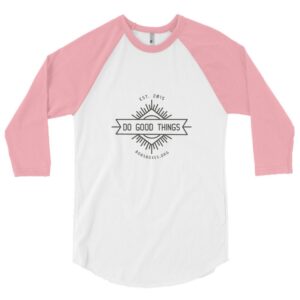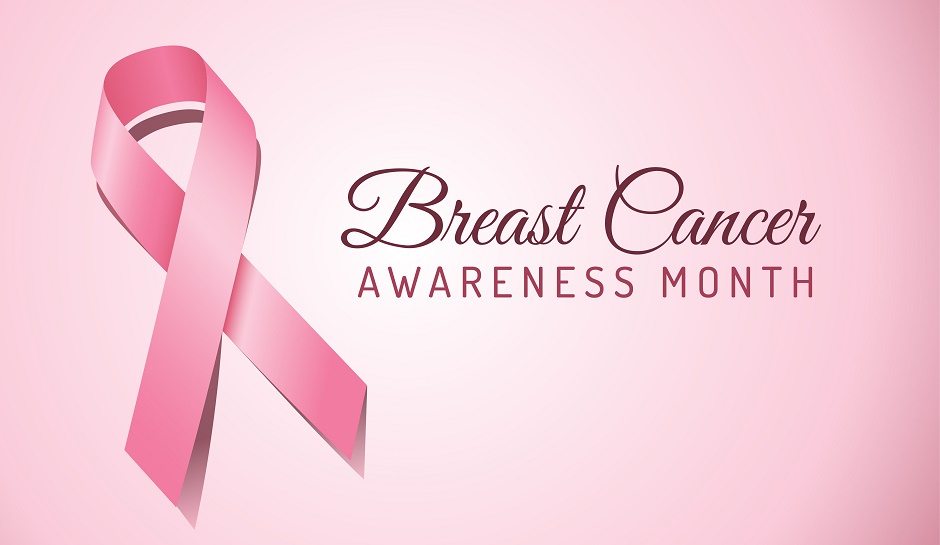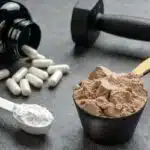The Latest Nutrition Recommendations for Breast Cancer
And How You Can Do Your Part To Help This Month!
By Laura Cipullo and the Laura Cipullo Whole Nutrition Services Team
October is breast cancer awareness month. Take a few moments to learn the facts about breast cancer, how nutrition and lifestyle play a role in the disease, its various risk factors, and what you can do to help!
Breast Cancer is the most commonly diagnosed cancer in women today. It is estimated that 1 in every 8 women will be diagnosed with breast cancer in their lifetime, equaling a quarter of a million women being diagnosed each year. As many of you may know, October is Breast Cancer Awareness month. In effort to raise the awareness of our EALM readers, we wanted to highlight the importance of diet and lifestyle, on not only your overall health, but also in relation to breast cancer.
The Role of Nutrition and Lifestyle:
In a recent article featuring Mary Flynn, registered dietitian and co-author of the book “The Pink Ribbon Diet,” she states, “because the majority of breast cancer cases don’t have a genetic link, you have to conclude that lifestyle factors, including diet, play a large role.” The Academy of Nutrition and Dietetics takes a similar stance, stating that “while there is no certain way to prevent breast cancer, it has been found that leading a healthy lifestyle can help reduce your risk and boost your odds if you do get breast cancer.”
Risk Factors:
Highlighted below are the risk factors. However, we want to stress that if you find you fall under a few, or more than a few, of these categories it is important not to panic. If you are concerned, please talk with your doctor and follow the recommendations for when and how often to get mammograms. Here are risk factors provided by the Center for Disease Control:
- Beginning your menstrual cycle before the age of 12
- Starting menopause at a later than average age
- Never giving birth
- Not breastfeeding post-birth
- Long-term use of hormone-replacement therapy
- Family history of breast cancer
- Previous radiation therapy to the breast/chest area, especially at a young age
- Being overweight, especially in women of the postmenopausal age
What About Insulin?
An article written by Franco Berrino, et al., states that elevated serum insulin levels are associated with an increased risk of recurrence in breast cancer patients1. The authors also found each of the following to be associated with breast cancer incidence: high plasma levels of glucose (>110 mg/100 mL), high levels of triglycerides (>150 mg/100 mL), low levels of HDL cholesterol (<50 mg/100 mL), large waist circumference (>88 cm), and hypertension (SBP > 130 mmHg or DBP >85 mmHg). The article also states that those with both metabolic syndrome and breast cancer have the worst prognosis.1 In addition, recent research has shown significant positive associations between obesity and higher death rates for a number of cancers, including breast cancer2.
In other research, omega 3 fats (alpha-linolenic acid, EPA, DHA) have been shown in animal studies to protect from cancer, while omega 6 fats (linoleic acid, arachidonic acid) have been found to be cancer-promoting fatty acids. Flax seed oil and DHA (most beneficial from an algae source) can both be used to increase the intake of omega-3 fatty acids. DHA originating from a marine source was found to be the most efficient source. To learn more about fatty acids in your daily diet check out our blog post on Fatty Acids.2
The Center for Disease Control’s and the Academy of Nutrition and Dietetics’ tips on how to help reduce your risk of breast cancer:
- Get a minimum of 4 hours of exercise per week – aim for a minimum of 30 minutes most days of the week for optimal health. Some experts recommend yoga to breast cancer patients, as the practice of yoga can ease anxiety, depression, and stress.
- Limit alcoholic beverages to 1 per day, or none at all
- Try to maintain a healthy weight (a mid range), especially following menopause
- Eat plenty of:
- Dark, leafy greens and cruciferous vegetables: broccoli, cauliflower, Brussels sprouts, cabbage, collards, kale
- Fruits: berries, cherries, citrus
- Whole-grains: oats, barley, bulgur, whole-grain pastas, breads, cereals, crackers
- Legumes: dried beans and peas, lentils, and soybeans
- Researchers and medical professionals suggest that cancer survivors eat a variety of antioxidant-rich foods each day (since cancer survivors can be at an increased risk of developing new cancers).
Nutrition and Yoga and Decreasing Stress:
Regardless of whether you are an individual with breast cancer, in remission from breast cancer, or woman trying to reduce your risk, the message is to maintain an active life while consuming a largely plant based diet with a focus on consuming omega 3 fatty acids like salmon, trout and sardines. Find ways to increase your intake of fruits and vegetables such as joining a community agriculture share. Be sure to try the many different forms of yoga for a form of movement and as way to decrease stress. To help manage insulin levels, focus on eating carbohydrates, proteins and fats at each meal and two of the three at snacks. This will slow the absorption of the carbohydrates thereby preventing a high blood sugar and insulin surge. Start with small goals and build upon them each week.
What’s your favorite recipe high in antioxidants? What is your favorite way to decreases stress? Do you have a favorite app that helps you achieve optimal wellness?
Breast Cancer Resources:
What Can You Do To Help?







